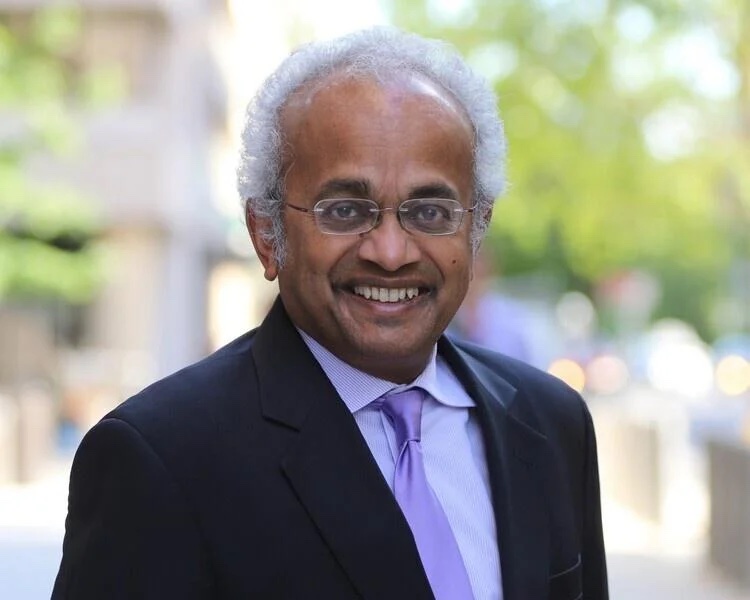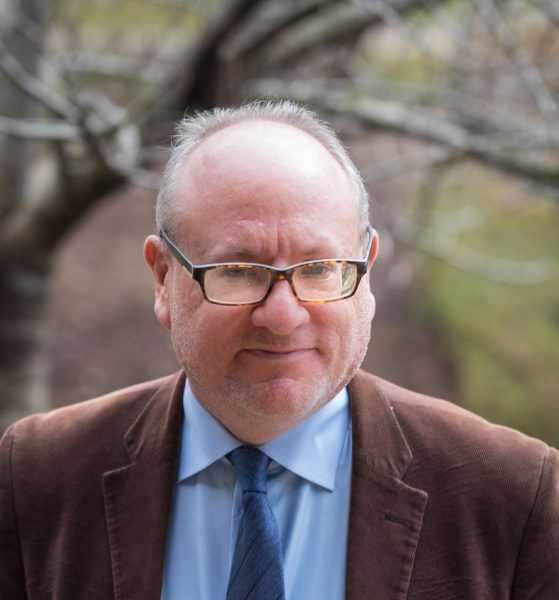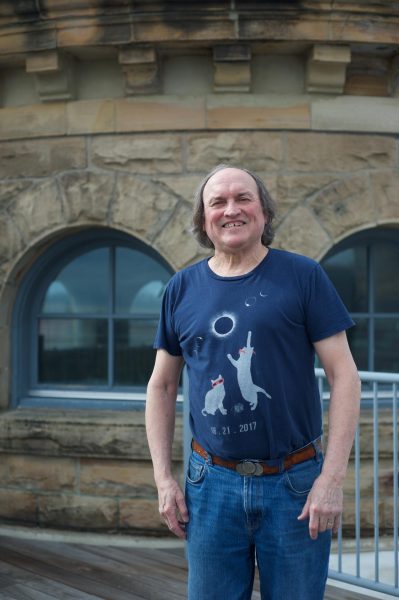Shanta Devarajan: Former Chief Economist of World Bank
photo courtesy of Oberlin College
Shanta Devarajan
Today at 7:30 p.m., former Chief Economist for the World Bank and Chair of the Georgetown University International Development concentration Shanta Devarajan, in conversation with College professors, will give a talk titled “Economies in Economic Crisis” in Craig Auditorium. This talk will feature Professor of Politics Eve Sandberg, Visiting Assistant Professor of Politics Rudabeh Shahid, and Visiting Associate Professor of Economics Udara Peiris. The talk will discuss Sri Lanka’s economic crisis with an emphasis on why it happened, how Sri Lanka can emerge stronger, and approaches to protecting vulnerable populations.
This interview has been edited for length and clarity.
Just to start out, I’d love to hear a little bit about your academic and professional background.
I was an undergraduate at Princeton University. I did mathematics, and then I did my PhD in economics at Berkeley. My first job was teaching as an assistant professor at the Kennedy School at Harvard University. As you can tell from up to now, my training was pretty theoretical. But I was teaching economics in a public policy school, so my students kept asking me, “What’s the policy implication of what you’re teaching us?”
That got me interested in trying to figure out what are the applications of all this economic theory, and that’s how I got interested in international development.
So in 1991, I went on temporary leave to the research department of the World Bank. But then I decided I liked it so much, I decided to stay. So then I stayed 28 years at the World Bank and increasingly worked on the problems of developing countries, and I went from the research department to be the chief economist of three regions of the World Bank: South Asia, Africa, and the Middle East and North Africa.
I was the chief economist of the Middle East and North Africa soon after the Arab Spring, for instance. So trying to sort that out was a remarkable experience. I had at that point spent 28 years at the World Bank, and I’d learned a lot and felt like I had gained a fairly deep understanding of development. And I was asking the question, “What should I do now with all this knowledge?”
You can always write another paper or a book, and I’ve been writing tons of papers and books over the years. But I thought, “Well, why not do something different with it?” — which is to use that knowledge to train the next generation of development policymakers. And so that’s when I decided I wanted to go back to academia. And then an opportunity came up at Georgetown to be a professor in the School of Foreign Service.
Why did you select Oberlin as a fitting audience for this conversation?
They invited me — I’ve always been an admirer of Oberlin. In fact, I visited Oberlin maybe seven, eight years ago when one of our daughters was applying to colleges. So I’ve always liked Oberlin.
I’ve had some friends over the years, including a classmate in graduate school who is an Oberlin alum, and Oberlin has some of the most loyal alumni I’ve ever seen. I remember this friend at Berkeley who was an undergraduate at Oberlin, and then she was a graduate student at Berkeley. We would be walking by and there’d be a car parked on the street with an Oberlin sticker on it, and she would immediately write a note and put it on the windshield saying, “Hi, I’m so-andso, class of ’72. I went to Oberlin too.”
This is a complete stranger. And you don’t even know whether the guy who owned the car went to Oberlin or if he just happened to have a car with an Oberlin sticker. But that seems to be the syndrome.
What should Oberlin students — or maybe U.S. residents at large — know about the state of the Sri Lankan economic crisis right now?
Sri Lanka is having the worst economic crisis since its independence 75 years ago. With the economy contracting by 9 percent last year, inflation is at 50 percent. There’s huge shortages of food and medicines and fuel. So it’s really a horrible crisis.
And the question is, how did this happen? Because on the other hand, Sri Lanka had been seen as a really successful economy. I mean, it’s the richest country in South Asia and it has maintained steady economic growth until this collapse, with per capita economic growth at about 3 percent a year for a good 40 years.
Keep in mind that during these 40 years, there was a 26-year-long civil war, and despite the civil war, they were maintaining rapid growth, and they’ve also been known to have some of the best human development indicators in the world. The child mortality rates are as low as those in Europe, and secondary enrollment rates are the highest in the world, up there with Western Europe and places like that.
So how does this successful economy come crashing down so badly? In the short run, it was gross mismanagement by the former president and his administration, the Rajapaksa administration — they cut taxes in 2019 drastically. And that led to a huge fiscal deficit. The people who were lending money to Sri Lanka saw that and said, “Okay, now we’re going to cut off any lending,” but usually when that happens, you go to the International Monetary Fund for a program and you try to restructure the debt so that you don’t have to pay back as much as you originally did. But Sri Lanka refused to do both of those things for various domestic political reasons. So for two years, they continued to repay the bondholders out of their reserves.
Two years later, they ran out of reserves. But I would say that’s the proximate cause. It wasn’t just that the president made some mistakes. This was a crisis that was building up over the years. And if you go back and look at a whole host of economic policies going back to the 1950s, most of these policies have been aimed at helping the government control the people, rather than the people holding the government accountable.
Is there anything else you’d like readers to know in advance of the talk, or in general?
It doesn’t help to just come up with a policy solution and then give it to a policymaker and say, “Here, why don’t you just do this?” It’s much more to inform the public about those solutions so that they will demand it from the policymaker. That’s something I didn’t quite realize. I used to think that life was all about technical solutions, and I now realize it’s really about strengthening the voice of the poor or empowering the poor. And I’ve dedicated the last maybe 20, 25 years of my career to that endeavor.










